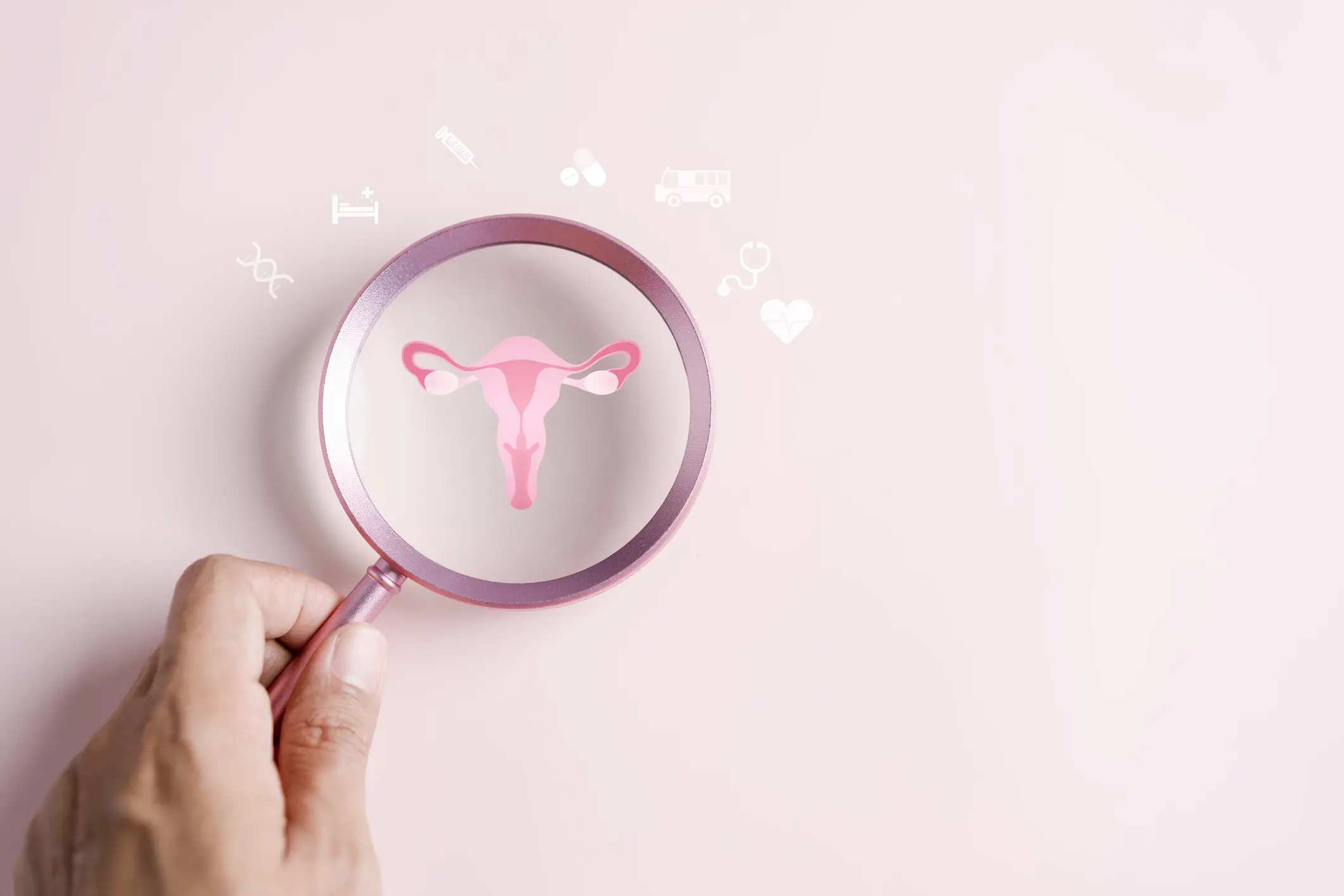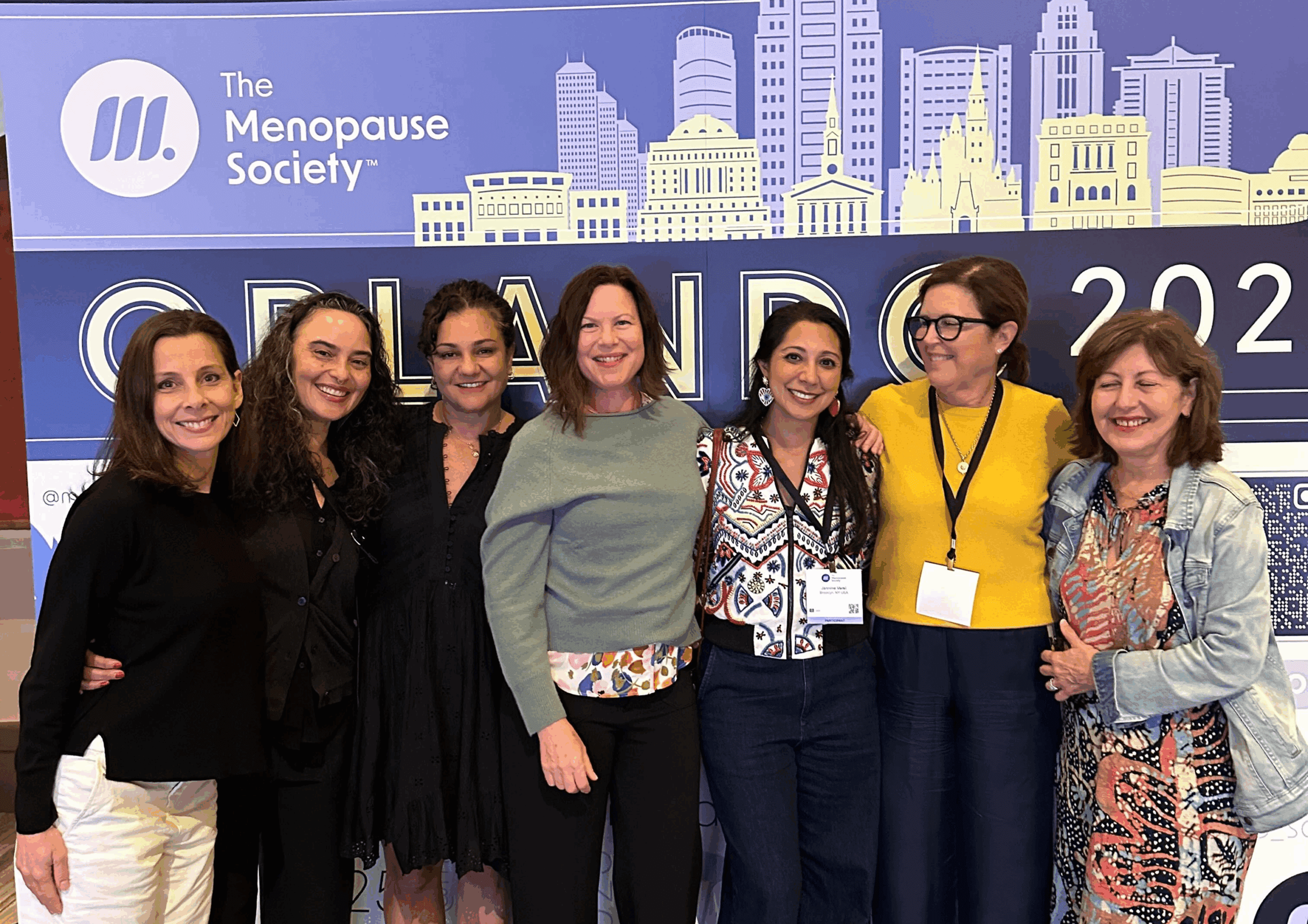
Published on Jul 18, 2025
Last modified on Oct 28, 2025
Key Takeaways From The FDA’s Latest Panel on Menopause Hormone Therapy
5 min read
Yesterday, the FDA convened a panel of 12 leading experts, from endocrinologists to urogynecologists to orthopedic surgeons, to examine the use of hormone therapy in menopause. There was a particular focus on the FDA black box warning on vaginal estrogen products, indicating an increased risk of stroke, heart attack, and dementia.
Clinical experts have been advocating for the removal of this warning for years as these risks do not apply to vaginal estrogen. Despite this, the label remains, and we’re seeing its impacts. The panelists’ spanning expertise made for a compelling, nuanced, and long-overdue conversation about the state of menopause care. Here are a some of our top takeaways:
Science and labeling must align.
There’s a pressing need for greater consistency between product labels and the scientific literature, and for regulatory agencies to align in their guidance around hormone therapy. While some regulatory agencies recognize vaginal estrogen therapy as a safe treatment for genitourinary symptoms of menopause, the failure of other agencies to keep up results in confusion for both women and clinicians.
Hormone therapy should be treated as precision medicine.
We say it all the time: menopause, and hormone therapy, are not one-size-fits-all. Dose, route, formulation, and timing all influence how hormones behave in the body. Despite this, existing studies on hormone therapy, including the incredibly influential 2002 WHI study, have neglected to account for these significant details, resulting in inconclusive or misleading results. Clinical studies and guidelines must reflect this complexity by stratifying data accordingly.
Barbara Levy, MD, FACOG, FACS, MSCP said it best: “We have to look at matters that matter: impact on sexual function, cardio metabolic health, mental health, bone health. Women are whole human beings. We’re not a heart or a breast or a brain. We’re whole human beings. And all of our studies need to consider women as whole human beings.”
“We have to look at matters that matter: impact on sexual function, cardio metabolic health, mental health, bone health. Women are whole human beings. We’re not a heart or a breast or a brain. We’re whole human beings. And all of our studies need to consider women as whole human beings.”
Outdated warnings come at a high cost to women, and to the system.
Vaginal estrogen is one of the most effective and low-cost tools to prevent recurrent UTIs, which lead to 7 million hospital visits annually and account for 25% of geriatric hospitalizations. Wider use among Medicare patients alone could save billions in healthcare spending.
What this means for Elektra
At Elektra, we have witnessed firsthand the impact of misinformation around hormone therapy. Many patients come to us after having been denied medication and care by multiple clinicians. In the absence of care, many of those same women have turned to compounded, unregulated medications that are not science-backed, and in some cases may not be safe.
We are honored to provide safe and effective, evidence-based care. Our care team is composed of clinicians experienced in primary care, gynecology, and other facets of women’s health, who are further trained in menopause medicine and certified by the Menopause Society — the foremost menopause research organization globally. Menopause Society-Certified Practitioners (MSCP) specialize in menopause care and are up to date on the latest science and treatments.
The bottom line
Women deserve better, and better is completely within reach. While we can’t course correct for the women who have unduly suffered due to misguided protocols, we can prevent that same suffering in their daughters, granddaughters, and nieces by correcting this historical mislabeling and continuing to invest in menopause research.
READ MORE:


